Medical Laboratory Technician
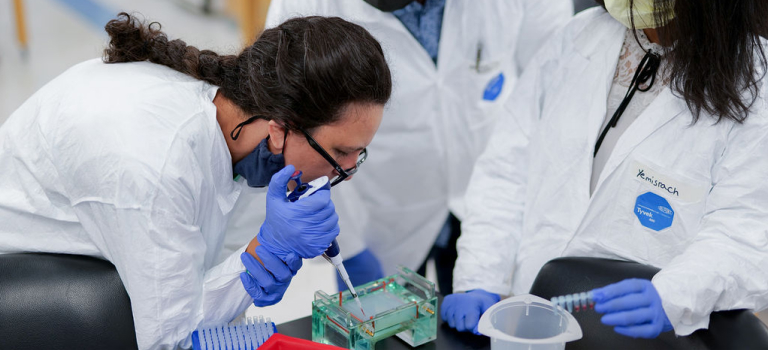
Overview
The Quincy College Medical Laboratory Technician program consists of didactic and campus laboratory courses designed to provide the student with entry-level knowledge and skills to perform clinical laboratory procedures in chemistry, hematology, microbiology, immunohematology, immunology, and phlebotomy. This training is enriched when the students will have the opportunity to apply previously acquired knowledge and skills in a supervised working environment. Clinical affiliate laboratories in and surrounding Quincy within an approximate 60-mile radius will be utilized for the clinical experience.
Upon successful completion of the program, an Associate of Science Degree in Medical Laboratory Technology is awarded. Graduates are eligible to take the national certification examination for Medical Laboratory Technology offered by the American Society of Clinical Pathologists (ASCP) Board of Registry.
Academic Division of Natural & Health Sciences
Please Note: Quincy College’s Medical Laboratory Technician program can only accept applicants who can meet onsite program requirements.
$1,000 Medical Laboratory Technician Scholarship
All new Fall 2023 Medical Laboratory Technician students will be eligible for a first-year scholarship.
MLT Application
- Applications now open. Click here to apply.
- Must attend a Medical Laboratory Technician Info Session.
MLT Mission Statement
The MLT program provides a quality curriculum and innovative instruction to students who will, upon graduation, serve local, statewide and national healthcare communities.
Download the 2021-2022 Medical Laboratory Technician Student Handbook.
Accreditation
The Medical Laboratory Technician Program is accredited by the National Accrediting Agency for Clinical Laboratory Science, 5600 N. River Rd. Suite 720, Rosemount, IL 60018; (773) 714 – 8880; http://www.naacls.org/.
MLT Program Outcomes
Certification Exam Pass Rates
| Year of Graduation | Number of Graduates Taking Exam | ASCP BOC Exam Pass Rate* |
|---|---|---|
| 2021 | 7 | 86% |
| 2022 | 9 | 100% |
| 2023 | 3 | 67% |
| 3-year average | 86% |
*Pass rates represent success within one-year of graduation.
Graduation & Attrition Rates
| Year of Graduation | Graduation Rate* | Attrition Rate* |
|---|---|---|
| 2021 | 91% | 9% |
| 2022 | 100% | 0% |
| 2023 | 100% | 0% |
| 3-year average | 96% | 4% |
*Graduation and Attrition rates are calculated as the percentage of students who have advanced to the second half of the MLT Program.
Placement Rates
| Year of Graduation | Number of Graduates | Placement Rate* |
|---|---|---|
| 2021 | 10 | 100% |
| 2022 | 9 | 100% |
| 2023 | 5 | 80% |
| 3-year average | 96% |
*For those who found employment (in the field or in a closely related field) and/or continued their education within one year of graduation.
Questions
Andrea McLain, Medical Laboratory Technician Program Chair
amclain@quincycollege.edu | (617) 405 – 5963
Medical Laboratory Technician Courses
-
Code
Course
Credits
-
- MLT 101
Introduction to Medical Laboratory Technician Program & Safety
- 3
-
- MLT 102
Urinalysis and Body Fluids
- 3
-
- MLT 103
Medical Microbiology I with Lab
- 4
-
- MLT 104
Hematology and Coagulation
- 4
-
- MLT 105
Immunology
- 3
-
- MLT 202
Clinical Chemistry
- 4
-
- MLT 203
Medical Microbiology II with Lab
- 4
-
- MLT 204
Immunohematology
- 4
-
- MLT 211
Chemistry Clinical Practicum
- 2
-
- MLT 212
Urinalysis Clinical Practicum
- 1
-
- MLT 213
Microbiology Clinical Practicum
- 2
-
- MLT 214
Immunology Clinical Practicum
- 1
-
- MLT 215
lmmunohematology Clinical Practicum
- 1
-
- MLT 216
Phlebotomy Clinical Practicum
- 1
-
- MLT 217
Hematology Clinical Practicum
- 2
-
- MLT 221
Clinical Lab Seminar
- 1
-
- PHB 125
Phlebotomy Lab
- 1
-
- PHB 115
Phlebotomy
- 2
Have a Question for the Medical Laboratory Technician Program Chair?
Use the form below to ask the Medical Laboratory Technician Program Chair a question.
Program Chair & Instructor of MLT
Andrea McLain, MS, MT (ASCP)
24 Saville Avenue, Suite 101. Quincy, MA 02169
617-405-5961
2020-2021 Adjunct Faculty of Medical Laboratory Technician Program:
Lisa Dilworth, MT (ASCP)
Hassan El Amani, PhD, MS, SBB(ASCP), CLS(NCA)
Kristin O’Brien, MT (ASCP)
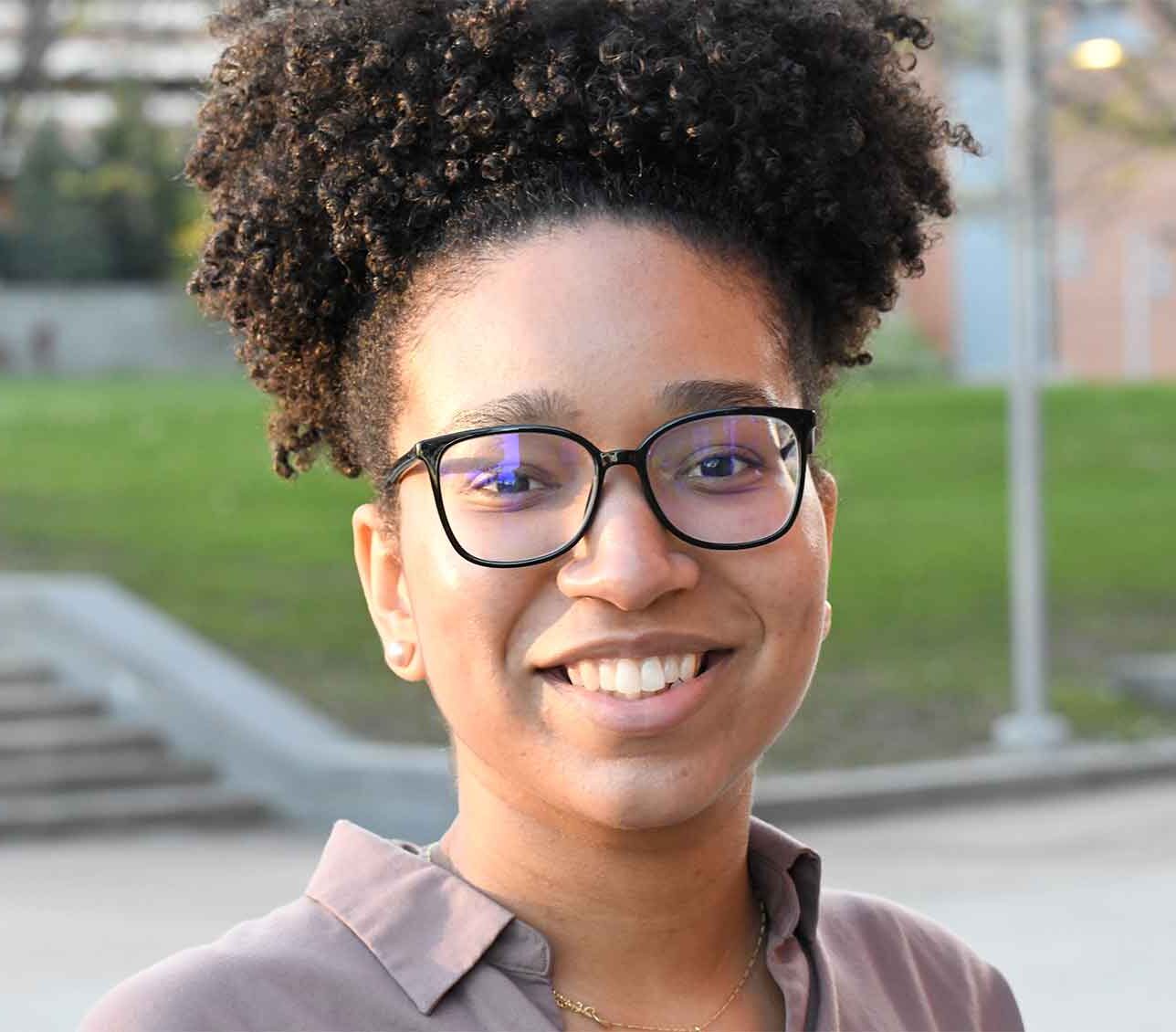
View Current Semester Courses>>
Start your education at Quincy College this fall. Our online and blended curriculum makes it easy for you to stay safe and earn your degree!
You might also be interested in...
-
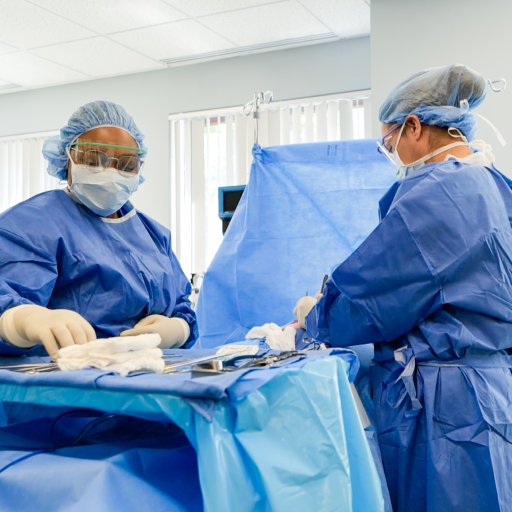
Surgical Technology
The Surgical Technology Program is a two-year Associate of Science degree beginning in September each year.
-
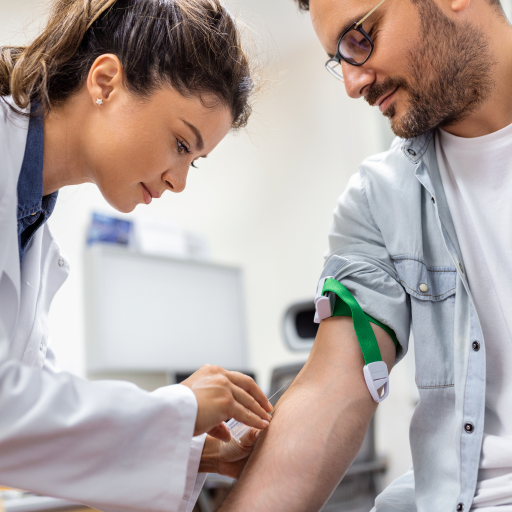
Phlebotomy
Quincy College's Phlebotomy Program trains students to perform both routine and challenging venipunctures & capillary skin punctures on adults.
-
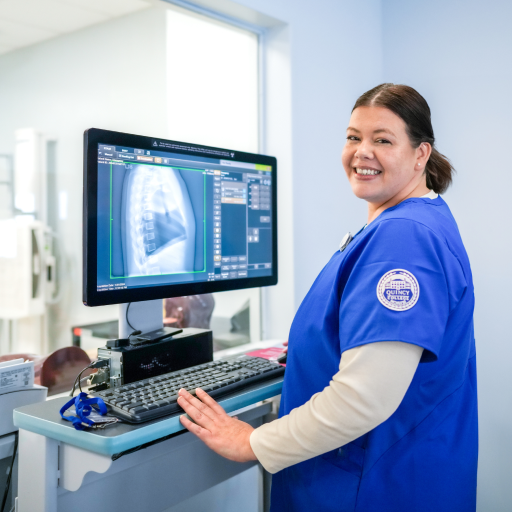
Radiologic Technology
The Radiologic Technology Program at Quincy College prepares students in diagnostic imaging procedures to be ready for entry level positions.
-
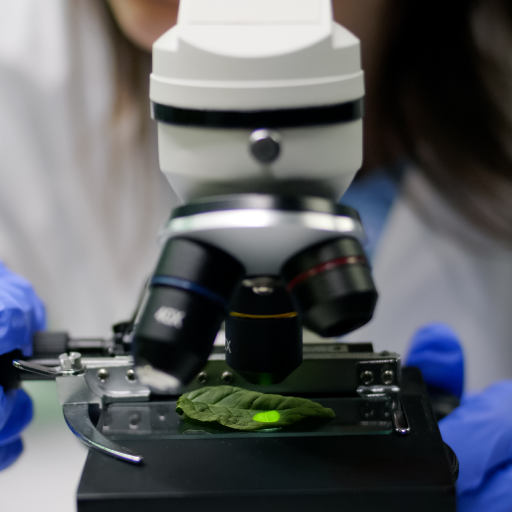
Natural Science
This program is for students who desire a broad study in the natural science disciplines including biology, chemistry, physics, and health sciences.


